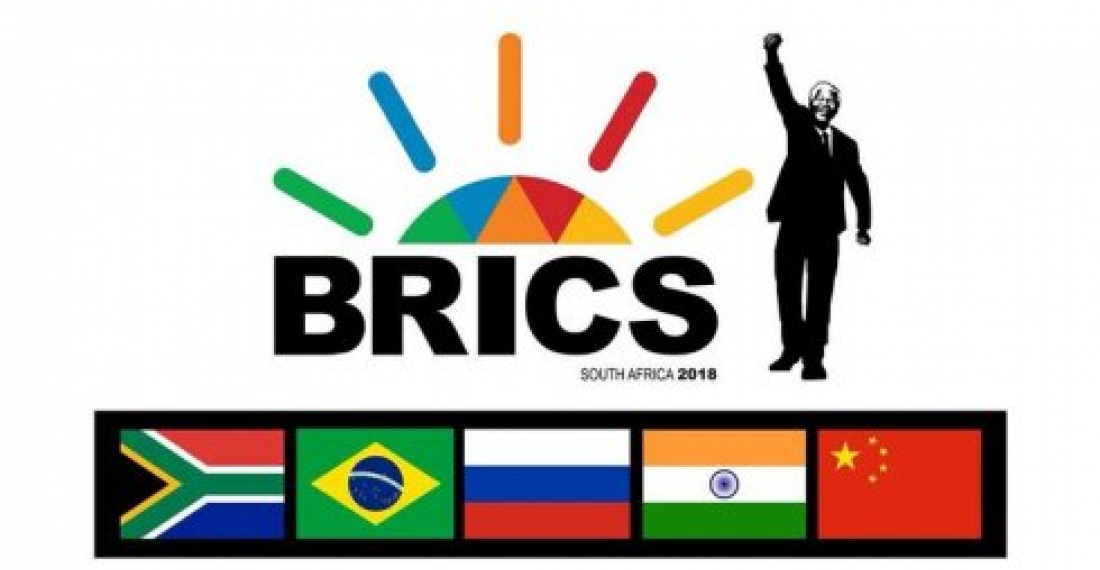On the eve of the summit of the five BRICS countries in South Africa, Russian Foreign Minister Sergei Lavrov suggested that the the grouping should have an outer circle. At the moment BRICS members are Brazil, Russia, India, China and South Africa. Lavrov said that they foster cooperation with other integration associations and consolidate positions in international organizations to present a united front.
Writing in an article published in the South African magazine Ubuntu on the occasion of the 10th BRICS summit in Johannesburg on July 25-27. Lavrov said
"We welcome the decision of the BRICS Chair to invite to Johannesburg other friends of the five countries from around the world representing authoritative integration associations. This is the practical implementation of the "BRICS plus" initiative approved by our leaders during the Xiamen Summit. Thus we expand the global reach of the Group and establish the outer circle of like-minded countries. In this regard, BRICS has good potential to become a unique platform for linking various integration processes in a flexible way. Russia consistently advocates a greater coordination of the five BRICS countries within major international platforms, such as the UN, G20, WTO, IMF, World Bank, as well as other multilateral organizations and fora. When the States of the Group speak up in a strong and unified voice about the core issues of global politics and economy, this voice is heard by other States as well."
According to Lavrov, BRICS attracts partners by its openness to constructive cooperation and "the impeccable respect for the United Nations Charter and basic principles of international law, including sovereign equality of States, commitment to the UN central role and indivisibility of security."
source: commonspace.eu with agencies






